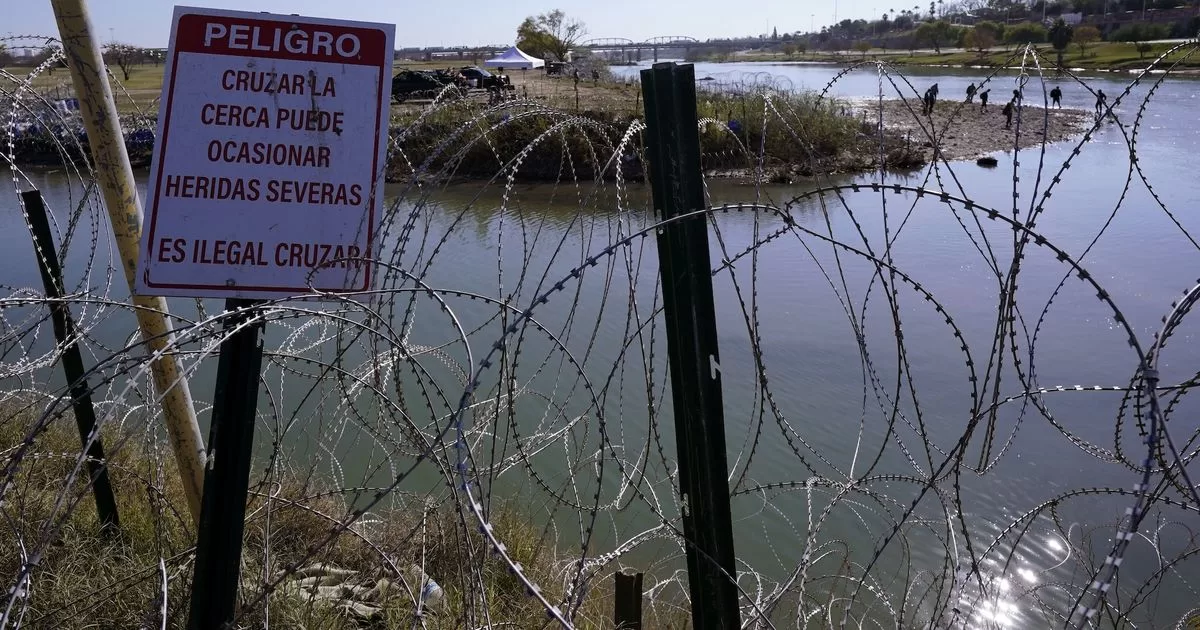One day before the refugee summit in the Chancellery, federal and state negotiators still haven’t been able to agree on whether the federal government will pay more money or not. This emerges from a joint draft available to the Reuters news agency, which was drawn up after the consultations between the head of the chancellery and the heads of state on Tuesday.
The consultations are no longer based on the Chancellery paper, but on the draft submitted by the federal states, in which numerous federal positions have been included. However, central passages of the 16-page draft were marked as controversial.
The federal states continue to demand full reimbursement of the costs for accommodation and heating for refugees on the one hand and payment of a monthly per capita flat rate per refugee on the other. Numbers are not mentioned. In a paper from the conference of finance ministers on Sunday, however, a necessary lump sum of around 1,000 euros was mentioned.
In addition, the federal government should contribute more to the costs for the integration of all refugees and the costs for unaccompanied minors. The note was taken that the federal government for this year, in addition to the almost complete assumption of the costs for the Ukrainian war refugees and recognized asylum seekers, is also calculating expenditure for integration services amounting to around 2.792 billion euros. At the same time, the federal states emphasize that this is not enough to relieve the municipalities.
Prime Ministers first consult among themselves
Chancellor Olaf Scholz receives the 16 prime ministers on Wednesday in the chancellery. They want to consult with each other on Wednesday morning. The federal government argues that it is spending a total of 15.6 billion euros this year on refugee issues, which are actually the responsibility of the federal states and local authorities.
The federal states, on the other hand, point to the sharp increase in the number of asylum seekers and permanent burdens, for example from Ukrainian war refugees. “There is a need for a financing model that is appropriate in terms of amount and adapts to changing refugee numbers (breathing system),” the paper says.
failure already included
The draft also outlines a possible development of the negotiations on Wednesday after there were numerous warnings of failure. Now there is a proposal that the responsible ministers should submit an implementation proposal by the end of May.
The federal government not only argues that it is providing sufficient financial aid. He also has a financing problem for the 2024 budget because, according to Finance Minister Christian Lindner, there is still a gap of around 20 billion euros.
The permanent greater relief in refugee costs demanded by the countries would widen the hole from next year. In the traffic light coalition, however, the Greens are pushing for more federal aid for the municipalities, while the FDP and parts of the SPD reject this.
The federal government has anchored numerous demands in the draft, such as an assurance from the federal states that they will, for example, advance the digitization of the immigration authorities by the end of 2023 and generally accelerate the asylum procedures. In addition, the list of so-called safe countries of origin is to be constantly revised and supplemented with the EU accession aspirants Georgia and Moldova.
This could shorten the asylum procedures for applicants from these countries. However, these passages are also provided with brackets in the draft, i.e. they are “disputed”. The countries have so far insisted that they will only agree to an agreement on other aspects of the refugee issue once the financial issues have been clarified. (Reuters)

